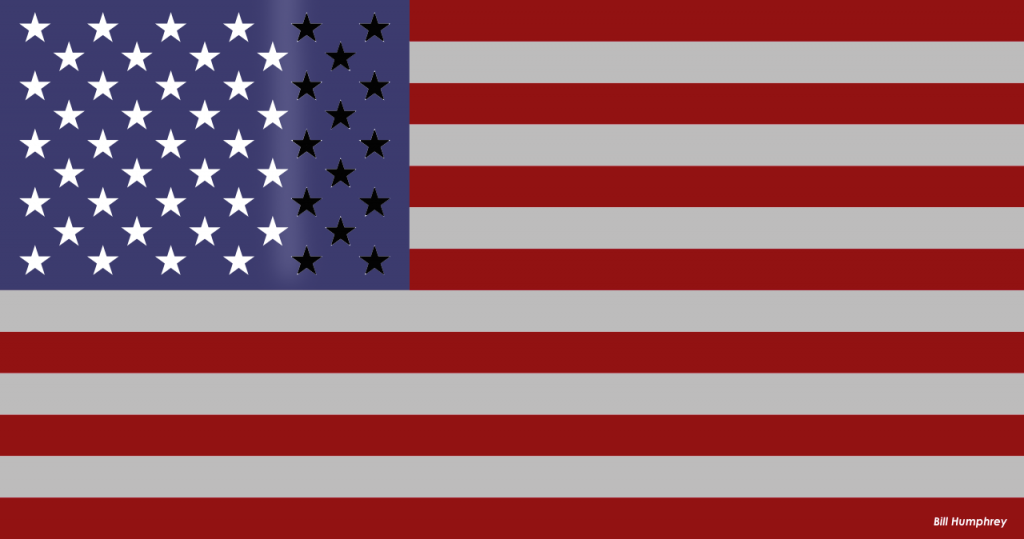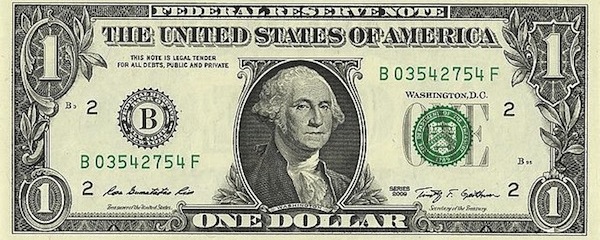I’ve often heard advocates for the preservation of humanities education programs make their case in quantitative terms. Usually, this case is made by pointing to various studies on how art or music classes translate into X percentage points of increased intelligence, or college admissions chances, or other individual and social benefits.
I have nothing against those studies, and I can’t say for sure whether or not such an approach is effective in persuading anyone to change their mind and make humanities education a priority. Perhaps this strategy makes sense: Provide numbers and data from the scientific community to communicate with the people interested in science and math in their own language, so to speak.
But I’m not entirely sure it’s the best way to make the case. After all, humanities subjects by their nature are fairly abstract and not easily boiled down into calculations and percentages, even with the advent of “big data” and the entrance of sabermetrics into every possible field.
Reframe the debate
I suspect that trying to compete with sciences in purely STEM-oriented terms is not the most effective approach after all. It’s hard to compete with STEM for budgetary prioritization by shoehorning the arts, literature, and history into STEM’s turf, where STEM defines the terms of the debate.
There is a prevailing assumption that everything can be converted into numerical values, and that we can forge our country into a Blue-ribbon technocracy of “best practices” with no subjective judgment calls (or perhaps eventually even directional disagreements altogether). This assumption cannot be accepted at face value if the humanities are ever to regain their rightful place as an integral feature of American public education alongside STEM.
I’m certainly a proponent of ensuring that all our children receive strong sciences educations – I want everyone in a society to know at least the fundamentals of how things work in fields other than their own, so that they are informed, not ignorant – but the advocates of STEM have already made their cases persuasively, while the humanities advocates are struggling (or often failing) to win support in budget battles each year.
For that reason, I think it’s time to make a more subjective and abstract case for humanities education. The terms of the debate itself have shifted too much toward the sciences, a development which undercuts the ability to promote the broader values of strong humanities educations.
As I noted in my rationale above for supporting STEM as well, for me, a big purpose of public education up through high school is to ensure every child graduates with at least a minimum and functional knowledge of how the world works, across all disciplines. Not only does this allow everyone to make a fully informed decision on what profession to pursue, but also it prevents society from Balkanizing into disparate occupations with no systemic knowledge or understanding. The business world buzzword battalion might call this “big picture thinking.”
Reframe the world
One of the key benefits of history and social studies classes, for example, is the ability to formulate a narrative understanding of the world: How we got here, where we are, and where we can (or even should) go next.
Literature classes compel us to ask these questions in hypothetical scenarios, fictional scenes, and timeless situations. English reading courses can teach us critical thinking and assessment of evidence quality in the non-fiction realm.
Language classes allow us not merely to compete in the global economy but to understand how vocabulary and linguistics shape national psychology and individual worldviews.
Music classes unite or bridge us across time and place and culture. Art courses can show us other ways of thinking about the world we live in and the world our forebears lived in.
All of these elements add a dimension of creativity to the future workforce that used to set the U.S. economy apart from its peers for so many years. We need that back.
The new Renaissance human
To me, it is worth noting that many of the early scientific pioneers and thinkers had extensive multi-disciplinary backgrounds. It helped foster their curiosity into making certain discoveries, and it helped them communicate those findings to the wider world. Those days are long over – sciences, mathematics, and more have all branched out deeply enough to require total specialization – but STEM professionals should still have a strong foundation in the full range of humanities, so that they can contextualize their own work within wider policy and political debates.
Read more







